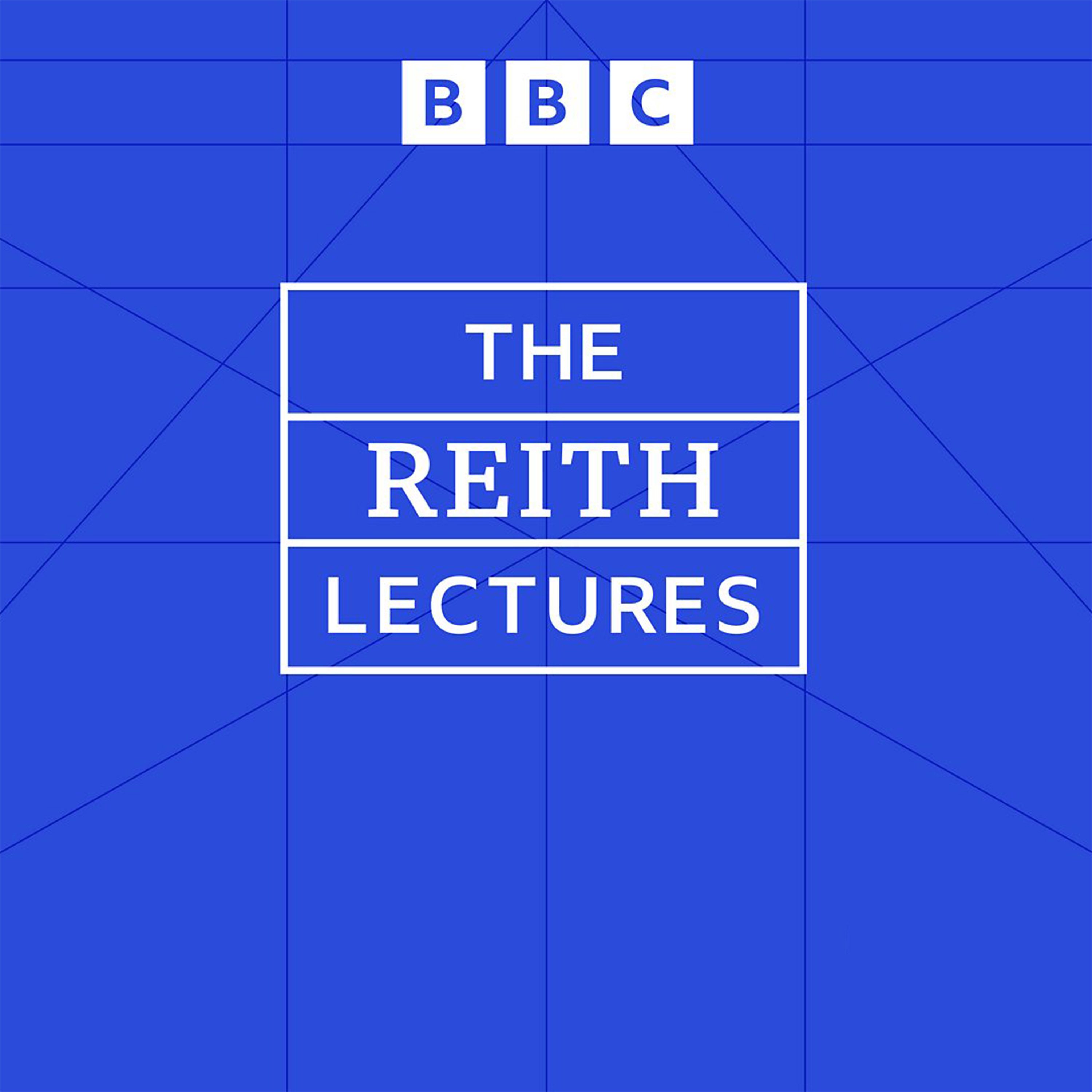

The Reith Lectures
BBC Radio 4
Significant international thinkers deliver the BBC's flagship annual lecture series
Episodes
Mentioned books

Nov 27, 1991 • 30min
In God's Image
Dr Steve Jones, Reader in Genetics at University College, London gives a series of lectures on the new biological insight into humanity.In his third lecture, Dr Jones explores the power and consequences of natural selection. Differences in animals' physical characteristics vary according to longitude. Creationists see this as evidence of God's subtle design whereas Darwinists point to natural selection. Dr Jones explains how selection works and argues that there is less chance of it in modern Western societies than even a century ago.

Nov 20, 1991 • 29min
Change or Decay
Dr Steve Jones, Reader in Genetics at University College, London gives a series of lectures on the new biological insight into humanity.In his second lecture, Dr Jones explores the importance of mutation in the development of individuals and species. Recent advances in molecular biology have revolutionised the study of mutations in human DNA.Dr Jones explains how mutation leads to diversity and change, some good, some bad, and argues that humanity is not a decayed remnant of a noble ancestor, but rather we are the products of evolution; a set of successful mistakes.

Nov 13, 1991 • 30min
A Message From Our Ancestors
Dr Steve Jones, Reader in Genetics at University College, London gives the first of six Reith Lectures on the new biological insight into humanity.He explains how the study of genetics has been transformed in recent decades and argues that while fossil records and ancient myths preserve some limited truths about humanity's origins; our genes hold a far more complete picture. Like anatomy, sociology or psychoanalysis, he says, genetics can give us a significant glimpse into aspects of our history and about what it means to be human.

Dec 19, 1990 • 29min
A Community of Communities
In his sixth and final Reith Lecture, Dr. Jonathan Sacks, Chief Rabbi of the United Hebrew Congregations of the Commonwealth, explains why faith will survive. Dr. Jonathan Sacks explores in his lecture entitled 'A Community of Communities' the bond of religion. He explains that although the numbers of religious believers seems to be dwindling, religion will never totally fade away. He believes that the values it provides communities are still needed by the individual and the nation.

Dec 12, 1990 • 29min
Fundamentalism
Dr. Jonathan Sacks, Chief Rabbi of the United Hebrew Congregations of the Commonwealth evaluates the effects of combining religious revival with nationalism in his fifth Reith Lecture. Reviewing the topic of religious fanaticism in his lecture entitled 'Fundamentalism', he argues that when faith and national identity are united they create an explosive mix. Yet, paradoxically, he believes secularism does not provide a solution either.

Dec 5, 1990 • 29min
Paradoxes & Pluralism
Dr. Jonathan Sacks, Chief Rabbi of the United Hebrew Congregations of the Commonwealth explores the language of religion in his fourth Reith Lecture on 'The Persistence of Faith'. In this lecture Dr. Jonathan Sacks puts forward the idea of a society which speaks both a public language of citizenship as well as a local language of community in this lecture entitled 'Paradoxes of Pluralism'. Expanding on this concept of pluralism, he asks whether it has diluted religion or created cultural space for the individual.

Nov 28, 1990 • 28min
The Family
Dr. Jonathan Sacks, Chief Rabbi of the United Hebrew Congregations of the Commonwealth explores the importance of the family relationship in his third Reith Lecture on 'The Persistence of Faith'. In this lecture entitled 'The Family', Dr. Jonathan Sacks investigates the persistence of the religious institution of marriage in the modern secular age. He explores the values of the nuclear family as a framework for how we understand society and wonders how the new age of increased divorce, co-habitation, single parents and same sex relationships, will affect the concept of the family. He evaluates whether it is a good or bad thing for the family unit be eroded.

Nov 21, 1990 • 30min
The Demoralisation of Discourse
Dr Jonathan Sacks, Chief Rabbi of the United Hebrew Congregations of the Commonwealth, explores religious ethics in his second Reith Lecture in the series 'The Persistence of Faith'. He investigates whether today's moral dramas centre more on the free-self than the saint or the hero. In this lecture entitled 'The Demoralisation of Discourse', Dr Jonathan Sacks focuses on how modern morals are founded in faith. It is his belief that without the objective standards of religion we would have no coherent language of ethics.

Nov 14, 1990 • 29min
The Environment of Faith
Dr Jonathan Sacks, Chief Rabbi of the United Hebrew Congregations of the Commonwealth, lectures in his first Reith Lecture on the 'The Persistence of Faith'. Explaining how he believes that the moral framework provided by religion is still the best alternative to the personalised, free-market ethics which prevail today.In this lecture entitled 'The Environment of Faith', Dr Jonathan Sacks considers the state of Britain's religions. He asks; have modern cultures forgotten their faith forever?

Dec 20, 1989 • 30min
Towards the Light
French poet Jacques Darras delivers his final Reith Lecture from his series entitled 'Beyond the Tunnel of History'.In his fifth and final Reith Lecture entitled 'Towards the Light', Jacques Darras finds a clue to our shared European future in an early cross-Channel cultural interaction: the 'School of Light'. The school was established by Irish monks in the medieval city of Laon and Jacque Darras explains that learning from the past will allow us to create a unified Europe.


